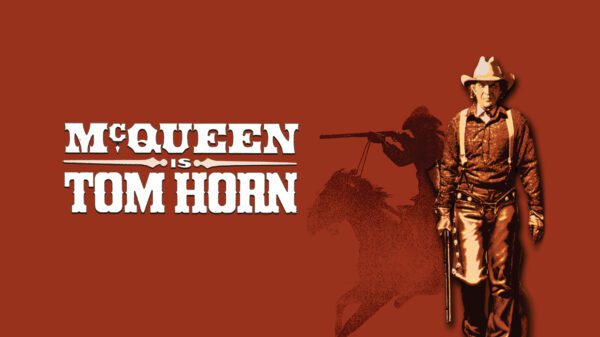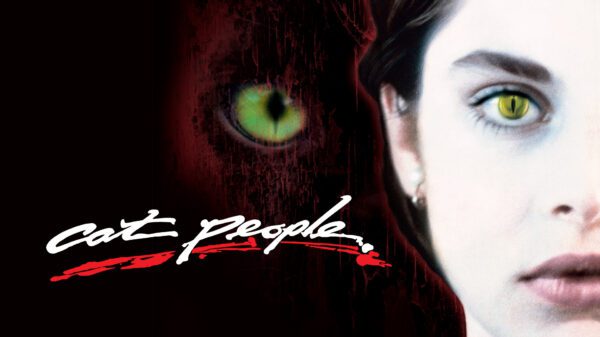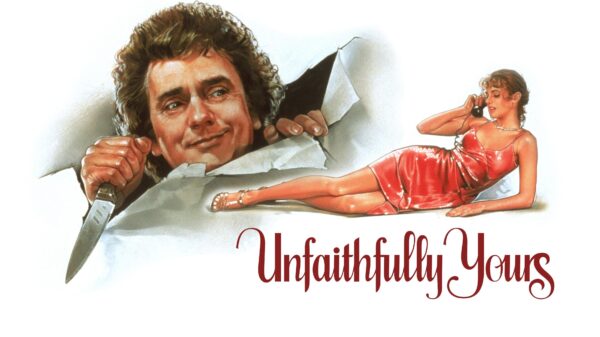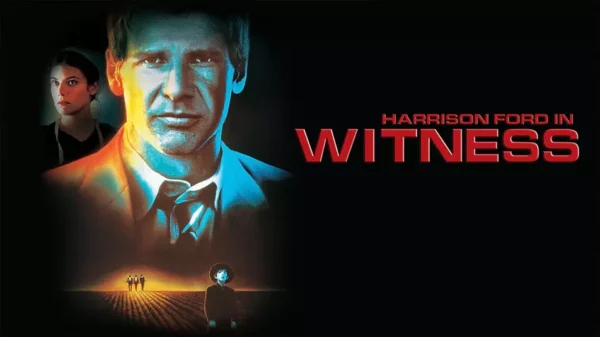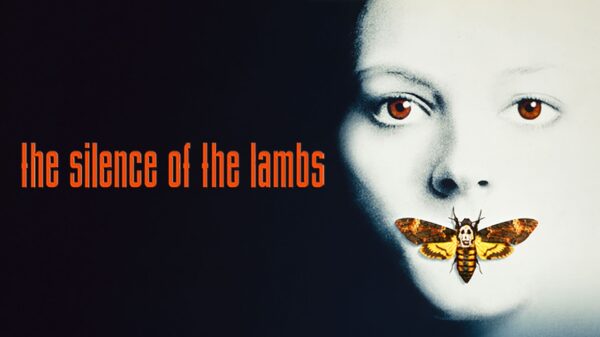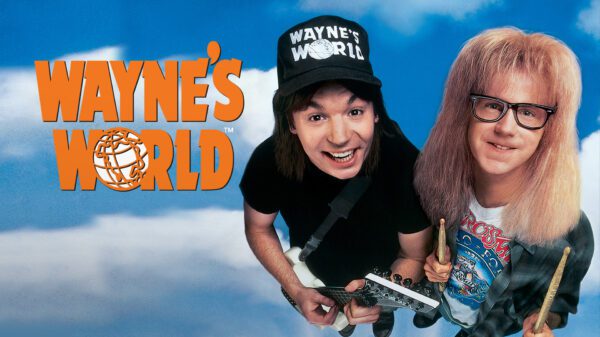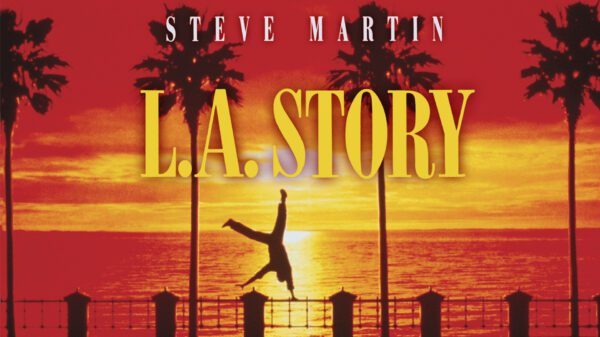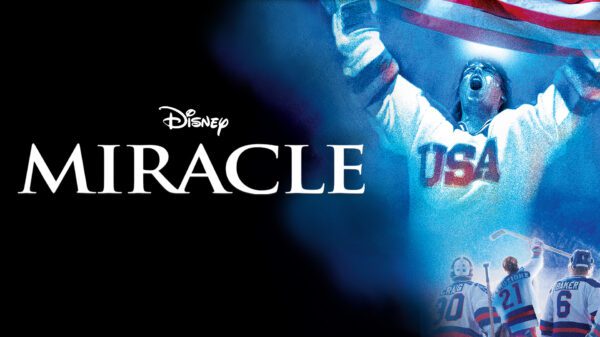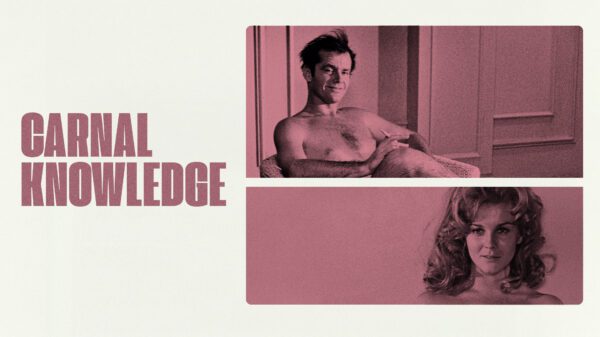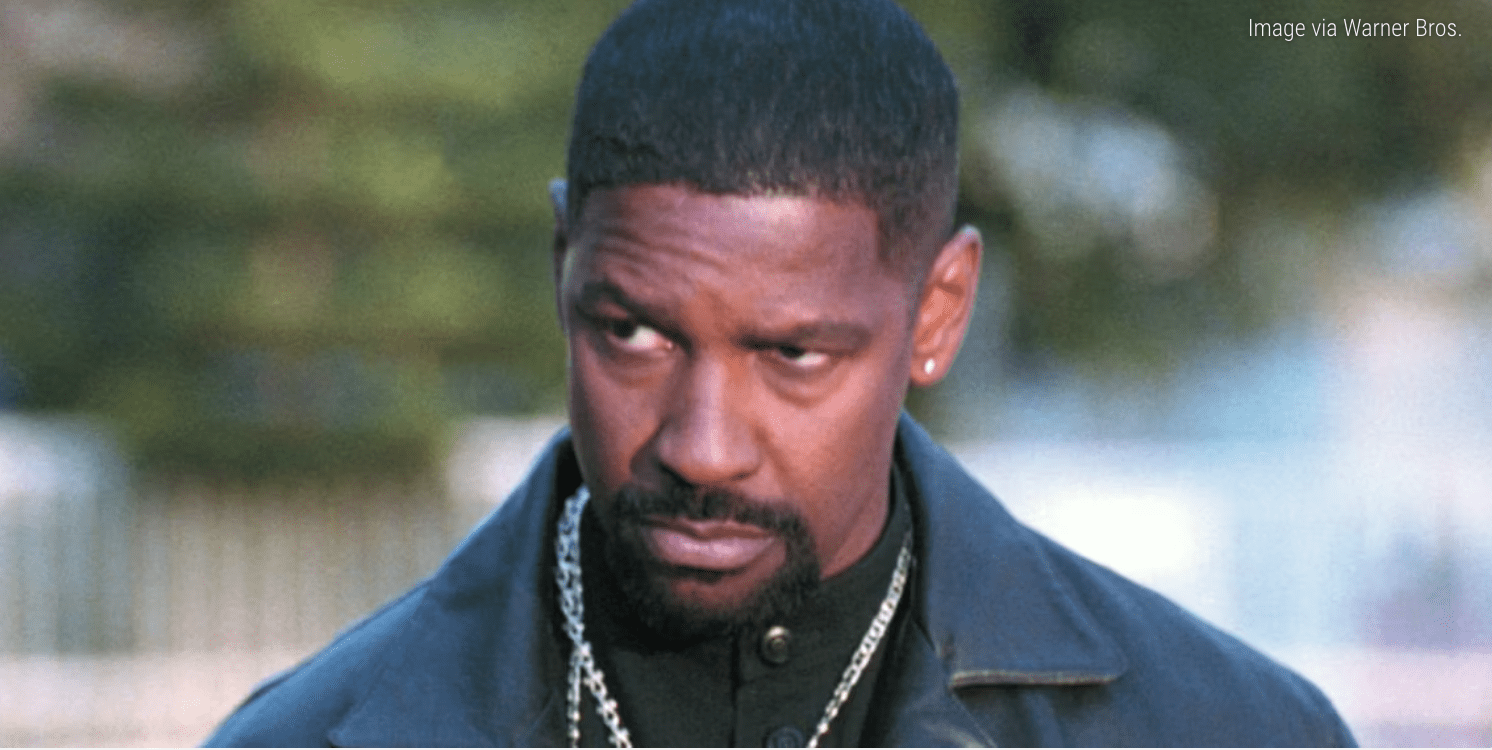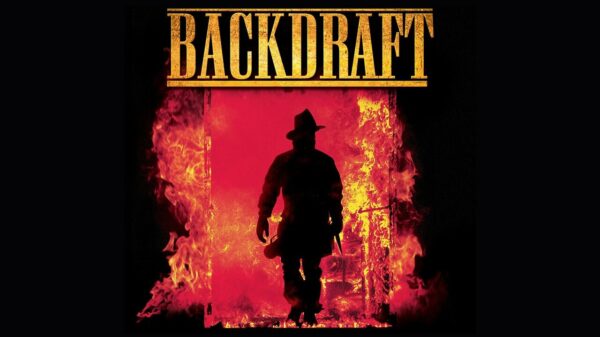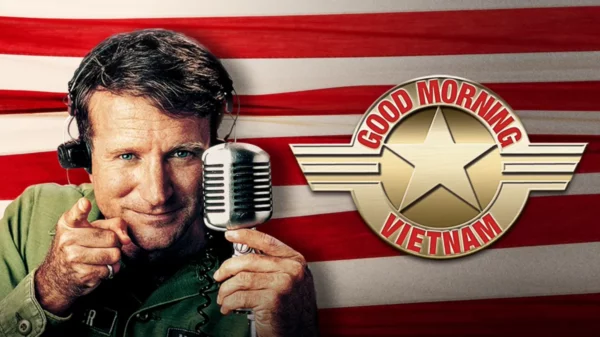Twenty-five years ago, David Fincher‘s Fight Club hit theaters, igniting a cultural phenomenon that continues to resonate today. The film, starring Brad Pitt and Edward Norton, delves into themes of consumerism, masculinity, and the desire for anarchy, leaving a lasting impact on audiences.
The story follows the nameless narrator (Norton), a disillusioned office worker who finds solace in an underground fight club. There, he meets Tyler Durden (Pitt), a charismatic soap salesman who becomes his mentor and alter ego. As the fight club grows in popularity and intensity, the narrator’s life spirals out of control, leading to a shocking revelation that challenges his perception of reality.
Reception
Fight Club premiered at the Venice International Film Festival on September 10, 1999, and was released in the United States on October 15, 1999. The film opened at No. 1 at the box office posting an $11.03 million gross and besting The Story of Us starring Bruce Willis and Michelle Pfeiffer that dropped the same weekend.
Fight Club would gross $101.2 million worldwide.
Film critic Roger Ebert said “’Fight Club’ is the most frankly and cheerfully fascist big-star movie since ‘Death Wish,’ a celebration of violence in which the heroes write themselves a license to drink, smoke, screw and beat one another up,” in giving the movie two our of four stars in his review.
Men’s Journal listed Fight Club as one of the “50 Best Guy Movies of All Time” in 2003.
In 2009, on its tenth anniversary, The New York Times named it the “defining cult movie of our time.”
Fight Club Legacy
Fight Club remains one of the most controversial and talked-about films of the 1990s.
Fight Club was a departure from mainstream Hollywood cinema, offering a gritty, unconventional narrative that explored taboo subjects. The film’s anti-consumerist message resonated with a generation of young people who felt alienated by the corporate world. The intense fight sequences and psychological twists kept audiences on the edge of their seats, while the film’s ambiguous ending sparked endless debate and analysis.
Fight Club has also had a significant impact on popular culture, inspiring countless imitators and influencing the way filmmakers approach storytelling. The film’s exploration of masculinity and toxic masculinity continues to be relevant today, as society grapples with issues of gender roles and expectations.
Conclusion
Twenty-five years after its release, Fight Club remains a groundbreaking and influential film. Its themes, characters, and visuals continue to captivate audiences, making it a timeless classic that will be celebrated for generations to come.

